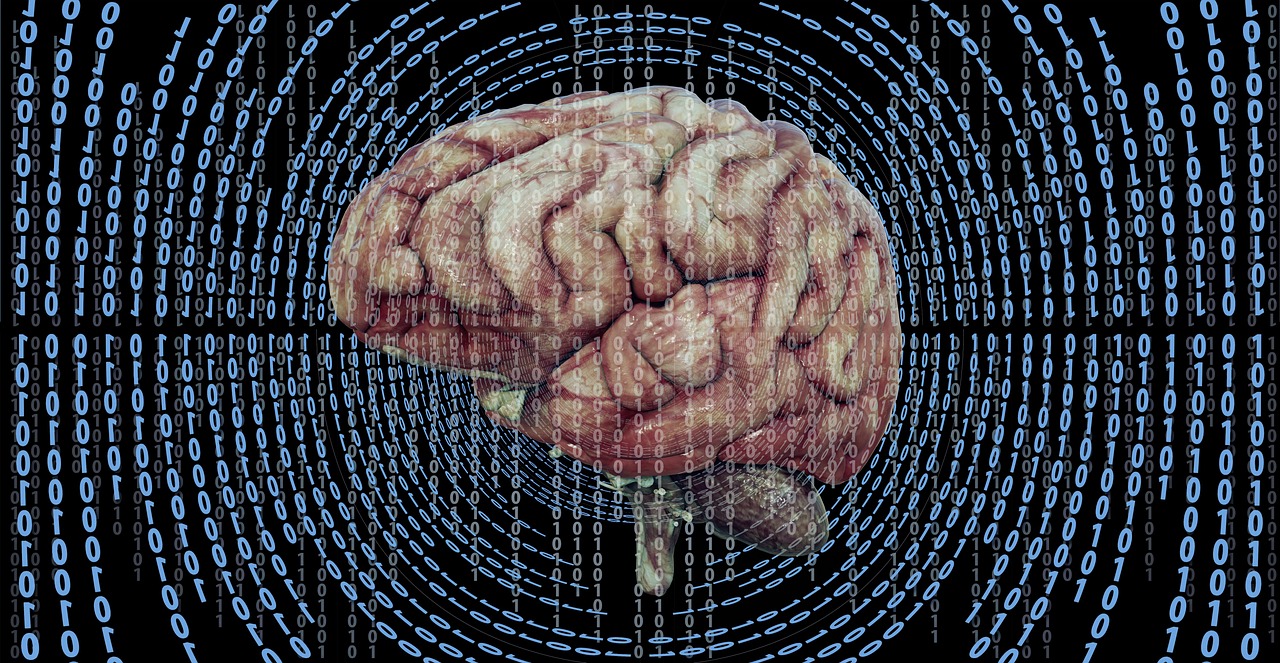Mental Health
Stress during Pregnancy Prevents Mother's Brain From Motherhood Benefits: Study shows
A new study suggests that chronic during pregnancy could devoid the mother's brain from benefits of motherhood.
The research conducted on rats could increase the understanding of postpartum depression, researchers suggest.
During the study, pregnant rats which were stress free showed an increase in brain cell connections in regions associated with learning, memory and mood. However, pregnant mothers that were stressed twice a day throughout the duration of pregnancy did not show any such increase.
Dendritic spines - hair-like growths on brain cells are used to exchange information with other neurons. Previous animal studies conducted by lead author Benedetta Leuner of Ohio State University has shown an increase of dendritic spines in a new mothers' brain, gave her improved cognitive function, and enable her to multitask effectively, Medical Xpress reported.
According to her findings, in new mothers, these dendritic spines apparently increase by about 20 percent. However, the stress induced on pregnant rats seemed to negate these brain benefits causing the brains of stressed mothers to match brain characteristics of animals that were not pregnant.
Also, another revelation of the study was that stressed mothers showed much lesser physical interaction with their babies when compared to unstressed rats. This similar behavior is also observed in human mothers with postpartum depression, the report said.
"Animal mothers in our research that are unstressed show an increase in the number of connections between neurons. Stressed mothers don't," said Leuner, assistant professor of psychology and neuroscience at Ohio State. "We think that makes the stressed mothers more vulnerable. They don't have the capacity for brain plasticity that the unstressed mothers do, and somehow that's contributing to their susceptibility to depression."
There have been studies conducted previously which suggest that postpartum depression could be a result of many risk factors such as hormone fluctuations, prior history of mental illness and environmental factors such as smoking or low socioeconomic status. One of the strongest reasons for postpartum depression could be chronic stress during pregnancy.
"It's devastating not only for the mother, because it affects her well-being, but previous research also has shown that children of depressed mothers have impaired cognitive and social development, may have impaired physical development, and are more likely as adults to have depression or anxiety," she said.
"A better understanding of postpartum depression is important to help the mother but also to prevent some of the damaging effects that this disorder can have on the child."
During the research, pregnant rats were exposed to stress twice a day by either restricting their mobility on some days or by placing them in water on other days. The rats were observed for three weeks after they delivered their babies and it was found that the mothers exhibited classic effects of stress, including lower than normal weight gain and enlarged adrenal glands, a sign of high stress-hormone production. Stressed rat mothers also gave birth to smaller pups, the report said.
"And they were not very good mothers," adds Leuner.
When the babies were separated from their mothers for 30 minutes, the unstressed mothers gathered up their babies, put them in the nest and nurse them. However, even after such separation, stressed mothers did not seem to be very concerned. They left the pups scattered around, wandered around the cage and also fed the babies less frequently.
"These findings in rats mimic some of the symptoms that are seen in women with postpartum depression," Leuner said.
Brain examination of the rats revealed that stressed rats did not grow the additional dendritic spines in the hippocampus and prefrontal cortex that the unstressed mother rats did.
"We don't yet know what the exact trigger is for the increase in spines in motherhood, but we know that the increase goes away with stress," Leuner said.
Leuner is now investigating whether the beneficial effects of motherhood on cognitive functions are also blocked in mothers who are exposed to pregnancy stress as well as whether hormonal factors play a role.









Join the Conversation